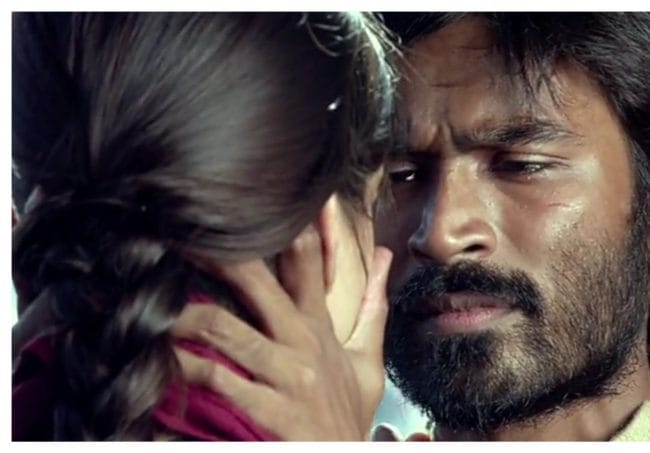Opinion Some stories can only end in heartbreak. That is what AI and Eros do not get about ‘Raanjhanaa’
The assumption that films are editable templates waiting for the latest tech to improve them is a dangerous idea. Once you open this door, you are telling every filmmaker that their stories are not final. They are just drafts
 Movies hold the choices, mistakes, and passions of the people who made them. When you rewrite the story, you are erasing the very thing you are claiming to celebrate.
Movies hold the choices, mistakes, and passions of the people who made them. When you rewrite the story, you are erasing the very thing you are claiming to celebrate.
I have always been a fan of happy endings. You could blame it on my steady consumption of Shah Rukh Khan’s movies, where no matter the tragedies that befall the protagonist, the villains who derail true love, or the heartbreaks that occur, the ending comes wrapped in love, music, and a pinch of filmi magic. SRK taught us that “Agar sab theek na ho, toh woh ‘The end’ nahi, picture abhi baaki hai mere dost”. It is a guarantee, an assurance that even if the hero has been beaten up within an inch of his life, he will emerge in the climax with windswept hair and arms spread wide.
But here is the thing. As much as I love happy endings, I also love endings that hurt, that feel true, raw, and remain with you for days. That is why I loved Raanjhanaa’s ending.
I remember watching it for the first time in 2013. By the end of the film, Dhanush’s Kundan is bleeding to death, still holding on to love in a way that is almost maddeningly foolish. There is no last-minute miracle, just the bitter truth that sometimes, love does not save you. It consumes you. Kundan’s death was the soul of the story. His flaws, his obsession, his penance, all of them led to his tragic end. Changing that is like rewriting Romeo and Juliet so they can simply talk it out and buy a flat in Verona for a happily ever after. Pointless and soul-less.
That is what this new AI “happy ending” to Raanjhanaa feels like. Director Aanand L Rai recently confirmed that he and Dhanush are exploring legal action over the AI-altered re-release of Raanjhanaa by rights-holder Eros International that has swapped the tragic climax for a feel-good ending. Rai called this “a very dangerous precedent” and honestly, he makes sense. You spend years conceiving a film, writing it, shooting it, fighting over edits in smoky studios, and then a decade later, someone with access to the film and AI tools decides to turn it into a “crowd-pleaser”. Without your inputs. Without your blessing. Just because they can.
Dhanush put it more bluntly: “The re-release of Raanjhanaa with an AI-altered climax has completely disturbed me. This alternate ending has stripped the film of its very soul.”
Eros International has defended its choice by saying that the copyright gives it the right to adapt or re-release the film however it wants. Legally, it might have a point. Creatively, it is a nightmare waiting to happen. Because if studios start rewriting films for “better endings”, what stops them from fixing Devdas so he doesn’t die, or turning Gully Boy into a superhero flick in the last 10 minutes?
The truth is AI can casually overwrite creative vision. But this assumption that films are editable templates waiting for the latest tech to improve them is a dangerous idea. Once you open this door, you are telling every filmmaker that their stories are not final. They are just drafts. When technology is employed to alter art to suit a mood, a market, or cash in on nostalgia, the risk is not just to Raanjhanaa. It is to the idea that art should be preserved in the form it was meant to be experienced.
Movies, at their best, are time capsules. They hold the choices, mistakes, and passions of the people who made them. You can remaster them for better sound or restore the colours, but when you rewrite the story, you are erasing the very thing you are claiming to celebrate.
Rai called the AI edit “jarring and disturbing”. I would add one more word. Dishonest. Because as a film buff, I want authenticity, whether it is wrapped in a Shah Rukh hug or a Kundan-shaped heartbreak.
I love happy endings. But that does not mean every story deserves one. Some stories earn their heartbreak. And no algorithm should be allowed to take that away.
sudhanshu.mishra@indianexpress.com



